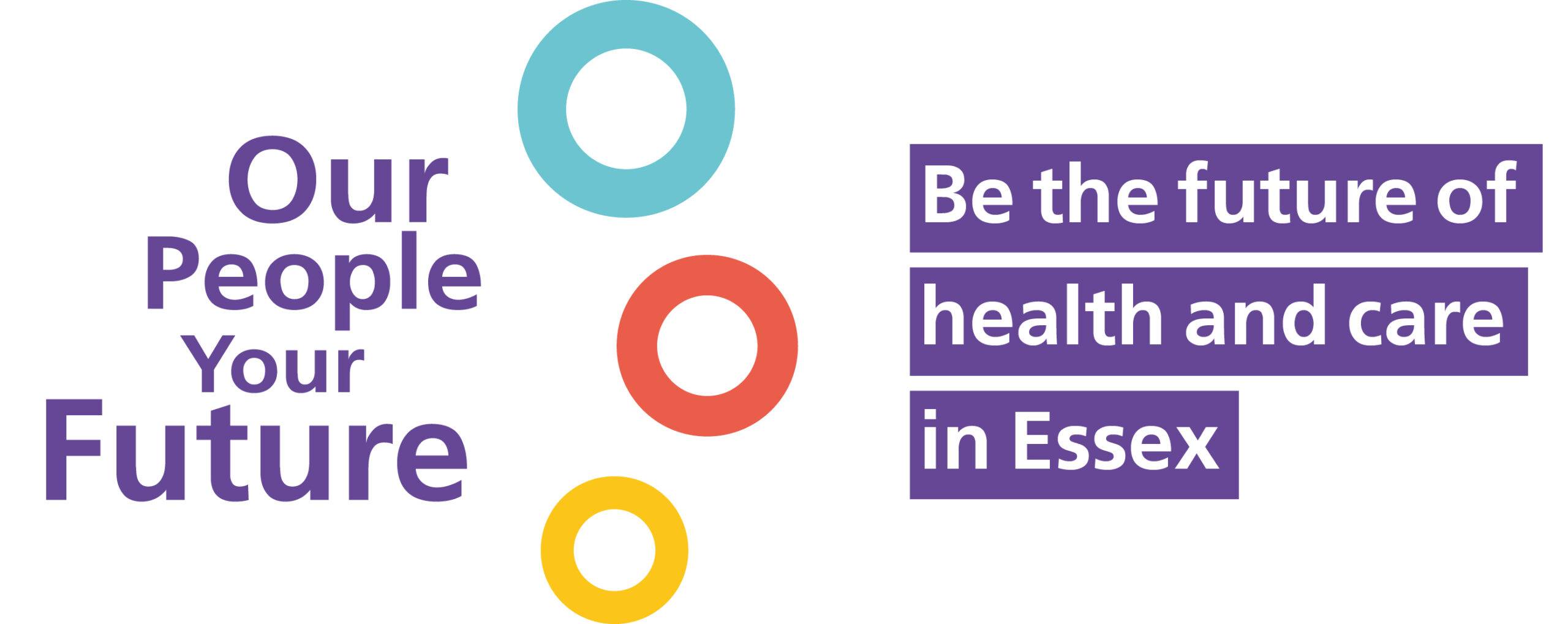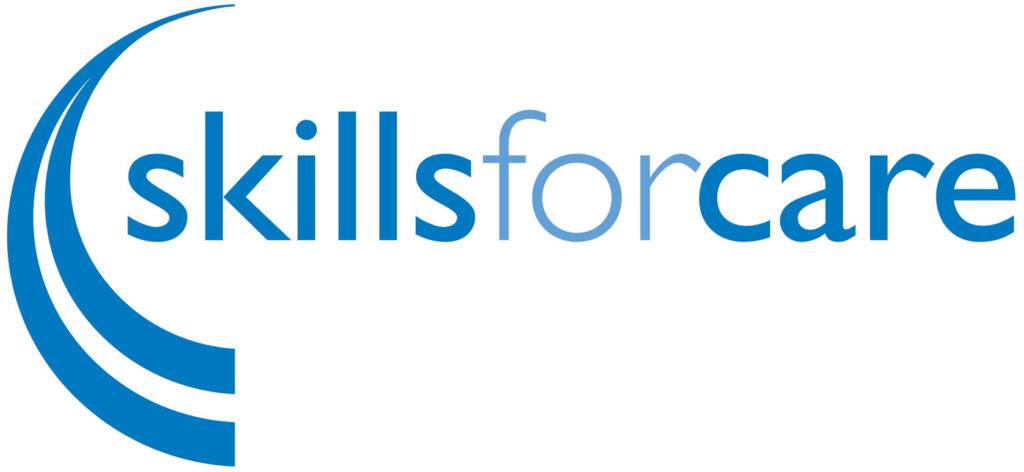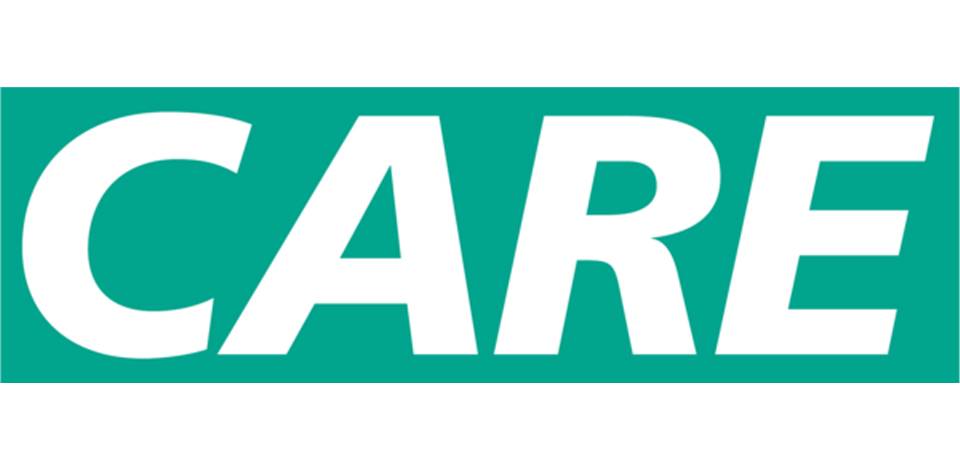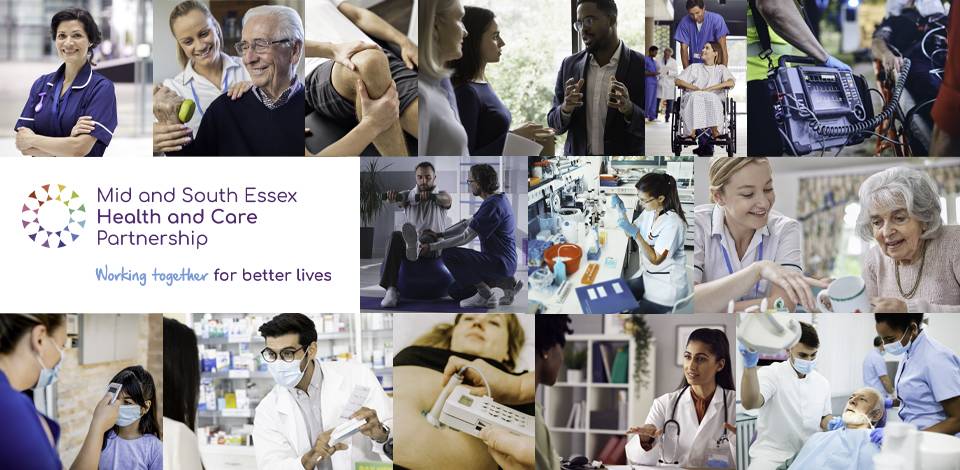
Mid and South Essex Integrated Care System (ICS)
Welcome to Mid and South Essex Integrated Care System
Health and social care organisations have joined up to form the Mid and South Essex Health and Care Partnership (“The Partnership”), bringing together 42 organisations, 179 GP practices, community, mental health, social care and hospital services across 1.2 million residents to develop ‘one plan’ and invest in the best health and care for the future.
To find out more about our Partnership click below
Who is involved? – Mid and South Essex Integrated Care System (ics.nhs.uk) (opens in a new window)
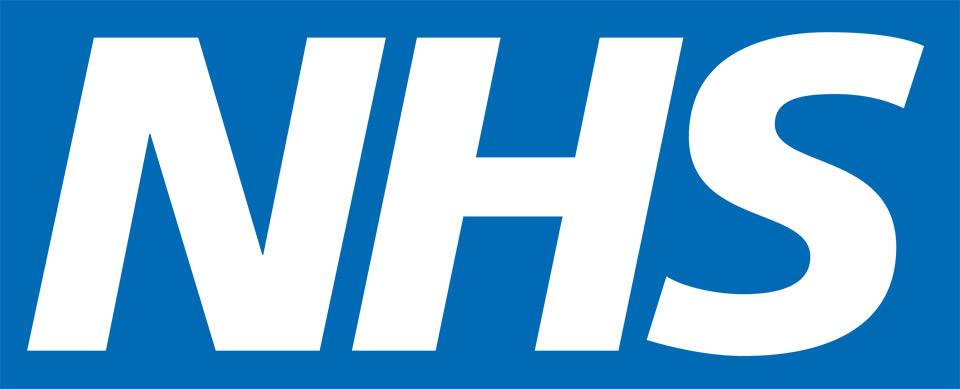
What is the NHS?
The NHS stands for the National Health Service. It refers to the Government-funded medical and health care services that everyone living in the UK can use without being asked to pay the full cost of the service. There are a vast array of services including:
- Visiting a doctor or a nurse at a doctor’s surgery
- Getting help and treatment at a hospital if you are unwell or injured
- Seeing a midwife if you are pregnant
- Opticians
- Mental Health
- Getting urgent help from healthcare professionals working in the ambulance services if you have serious or life-threatening injuries or health problems – this might include being transported to hospital
And many more.
To find out more click here NHS England (opens in a new window)
What is Social Care?
Social care is about supporting people to maintain their independence, dignity and control. This includes providing personal and practical support to help people live their lives.
Social care workers could be supporting someone with a range of disabilities, dementia or mental health conditions. They could be working in a care home, in the local community or from someone’s home. It covers a wide range of activities to help people live independently and stay well and safe. It can include ‘personal care’, such as support for washing, dressing and getting out of bed in the morning, as well as wider support to help people stay active and engaged in their communities. Social care includes support in people’s own homes (home care or ‘domiciliary care’); support in day centres; care provided by care homes and nursing homes (‘residential care’); ‘reablement’ services to help people regain independence; providing aids and adaptations for people’s homes; providing information and advice; and providing support for family carers.
There are lots of different roles in social care depending on what you want to do.
To find out more click here www.skillsforcare.org.uk (opens in a new window)
What is Primary Care?
Primary care services provide the first point of contact in the healthcare system, acting as the ‘front door’ of the NHS. Primary care includes general practice, community pharmacy, dental, and optometry (eye health) services.
In general practice, the aim is to provide an easily accessible route to care, whatever the patient’s problem. Primary health care is based on caring for people rather than specific diseases. This means that professionals working in general practice are generalists, dealing with a broad range of physical, psychological and social problems, rather than specialists in a particular disease area.
To find out more click here www.essexprimarycarecareers.nhs.uk (opens in a new window)
